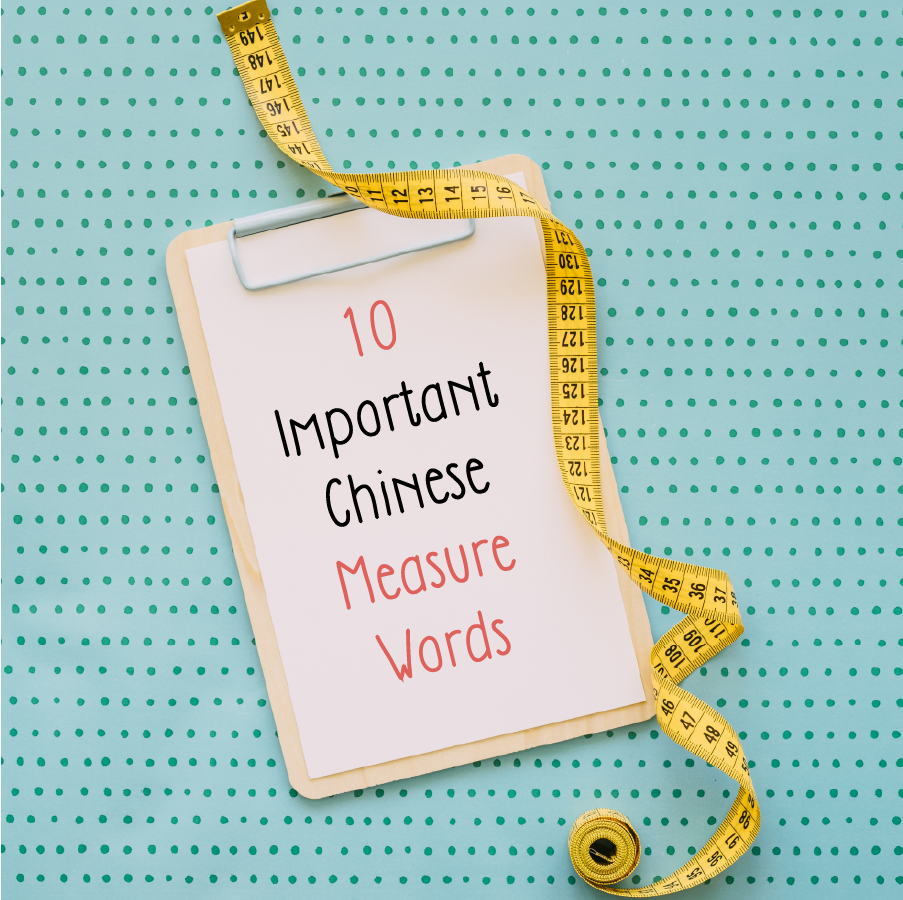Chinese Measure Word List
Chinese measure words are used together with numerals to indicate the quantity of a noun, and sometimes even of an action. There’re tons of measure words in Chinese, just like there are in English. Any time you say an amount of something, you can use a measure word. 4 cups of coffee. 10 bottles of water. 3 sets of chopsticks. Measure words denote a unit or measurement and are used with mass nouns (uncountable nouns), and in some cases also with count nouns. Most measure words are always used with numerals to indicate the quantity of a noun.
Today, TutorMandatin has listed 10 useful Chinese measure words. Hope this article will be helpful for every Chinese learner. Check out our list below!
- 个 (gè)

“个” is the most common Chinese measure word. We can use “个 (gè)” for people or non-specific items. Let’s see the examples.
Examples:
我有两个妹妹。
Wǒ yǒu lǐang gè mèimei.
I have two younger sisters.
我有一个妹妹和一个弟弟。
Wǒ yǒu yí gè mèimei hé yí gè dìdi.
I have one younger sister and one younger brother.
2. 只 (zhī)

The measure word “只 – zhī” can be used for “animals or one of a pair.” Another meaning of “只” is “just/only” and it is also the most commonly used in Chinese.
Examples:
我们有一只狗, 他叫来福。
Wǒmen yǒu yì zhī gǒu, tā jiào lái fú.
We have a dog, it is called Lucky.
我工作一天了,现在我只想睡觉放松。
Wǒ gōngzuò yītiānle, xiànzài wǒ zhǐ xiǎng shuìjiào fàngsōng.
I have worked for a whole day long, now I only want to sleep and relax.
3. 张 (zhāng)

“张” is the measure word for the flat objects and sheet (tables, paper, tickets, etc). “张 (zhāng)” is also be used for Chinese surname.
Examples:
我有很多张照片。
Wǒ yǒu hěn duō zhāng zhàopiàn.
I have many pictures.
我很喜欢这张照片。
Wǒ hěn xǐhuan zhè zhāng zhàopiàn.
I really like this picture.
4. 封 (fēng)
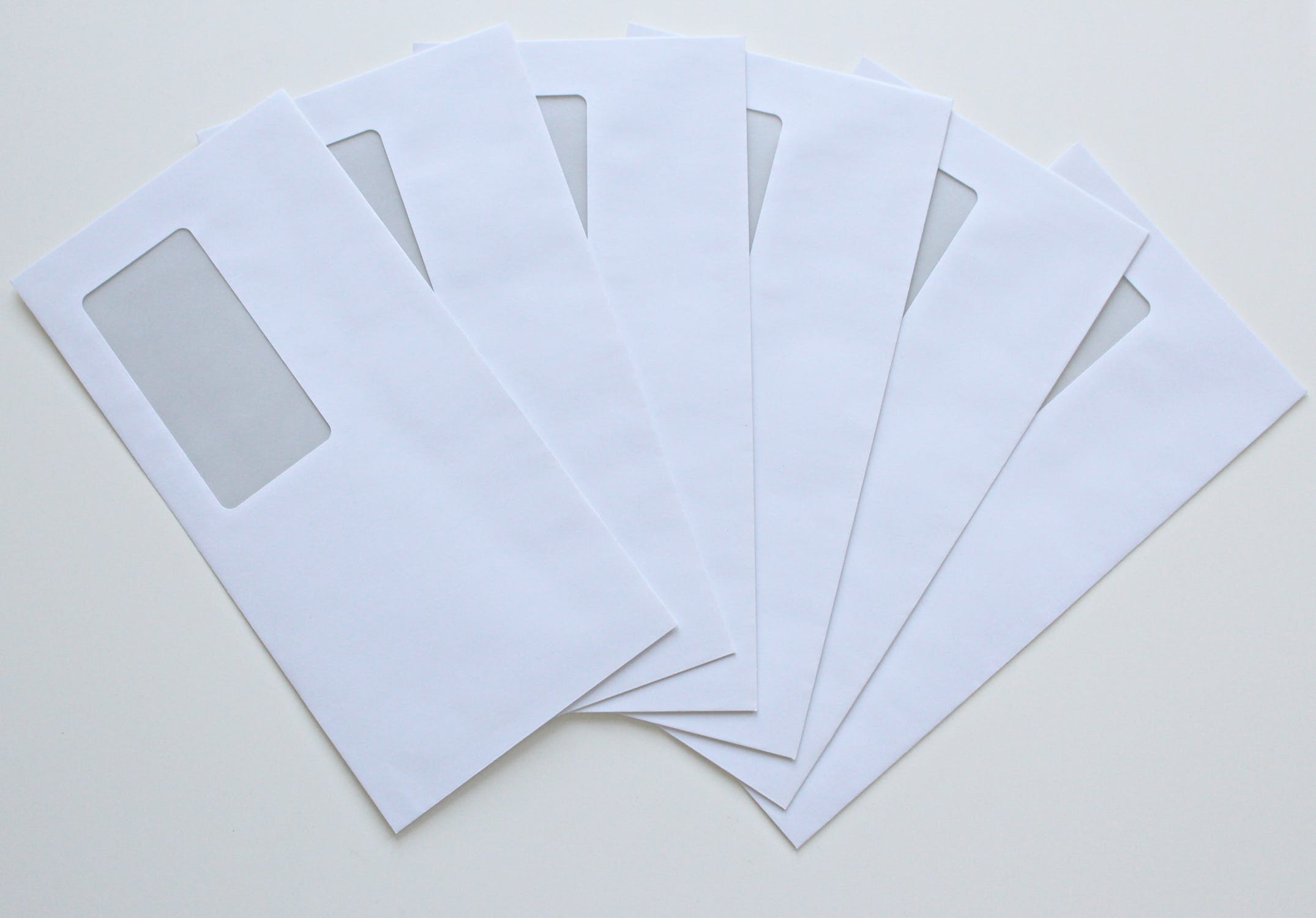
This measure word “封 (fēng)” can be used for letters or telegrams.
Examples:
看一看这封信。
Kàn yī kàn zhè fēng xìn.
Take a look at this letter.
我写了三封信给我的朋友们。
Wǒ xiě le sān fēng xìn gěi wǒ de péngyoumen.
I wrote three letters to my friends.
5. 分 (fēn)
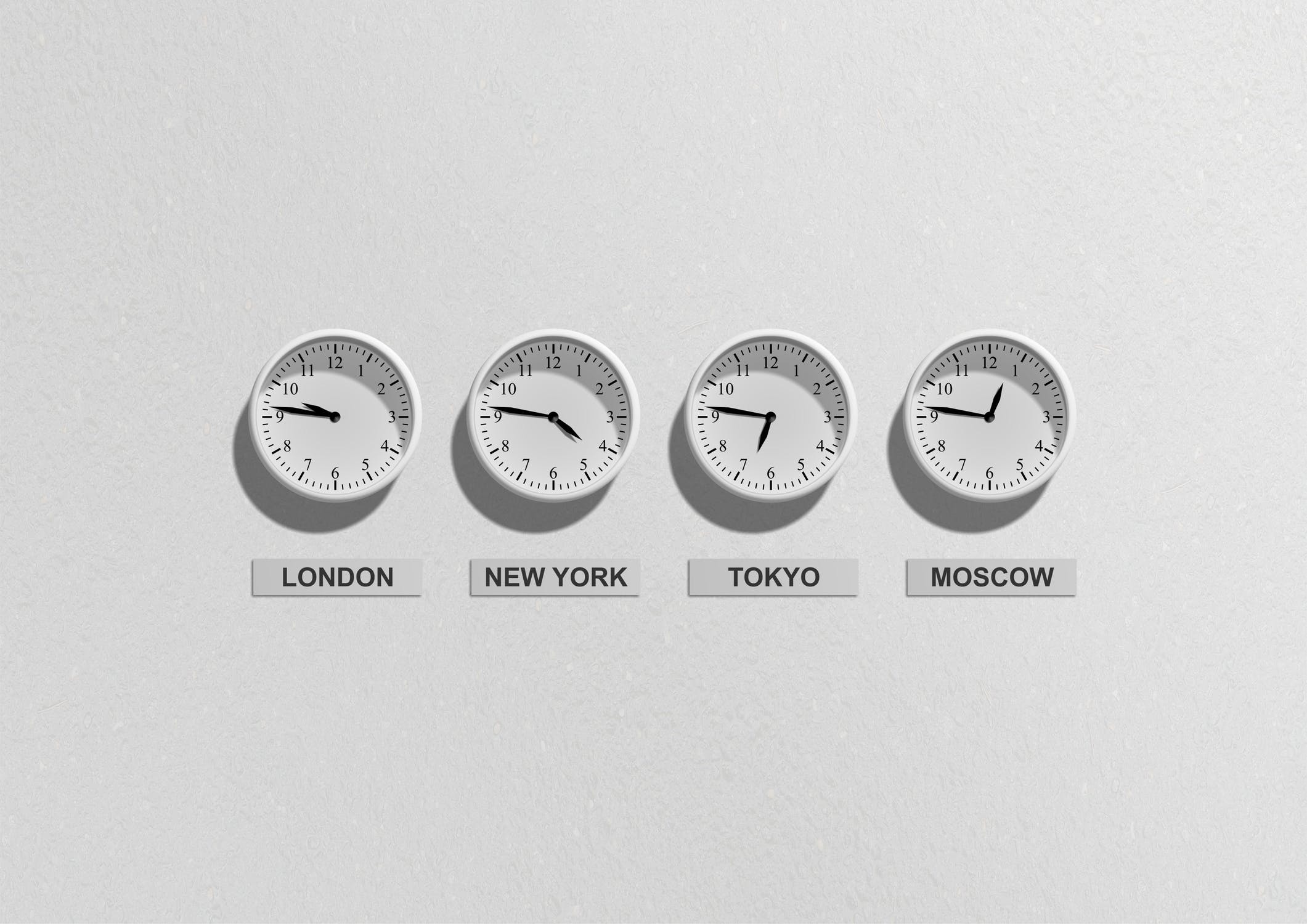
You should know the measure word “分 (fēn)” is always can be used for length, area, weight, money and time. Here are some examples:
Examples:
从我家到历史博物馆走路差不多十分钟。
Cóng wǒjiā dào lìshǐ bówùguǎn zǒulù chàbùduō shí fēnzhōng.
It takes about ten minutes walk from my home to history museum.
他英文得到了九十分。
Tā yīngwén dédàole jiǔshí fēn.
He got 90% in English.
6. 本 (běn)

The measure word “本 (běn)” is used when you’re talking about the things like “books/paper/files.”
Examples:
这本杂志卖得很好。
Zhè běn zázhì mài de hěn hǎo.
This magazine sells well.
我刚才买了一本书。
Wǒ gāng cái mǎi le yī běn shū.
I just bought a book.
7. 支 (zhī)
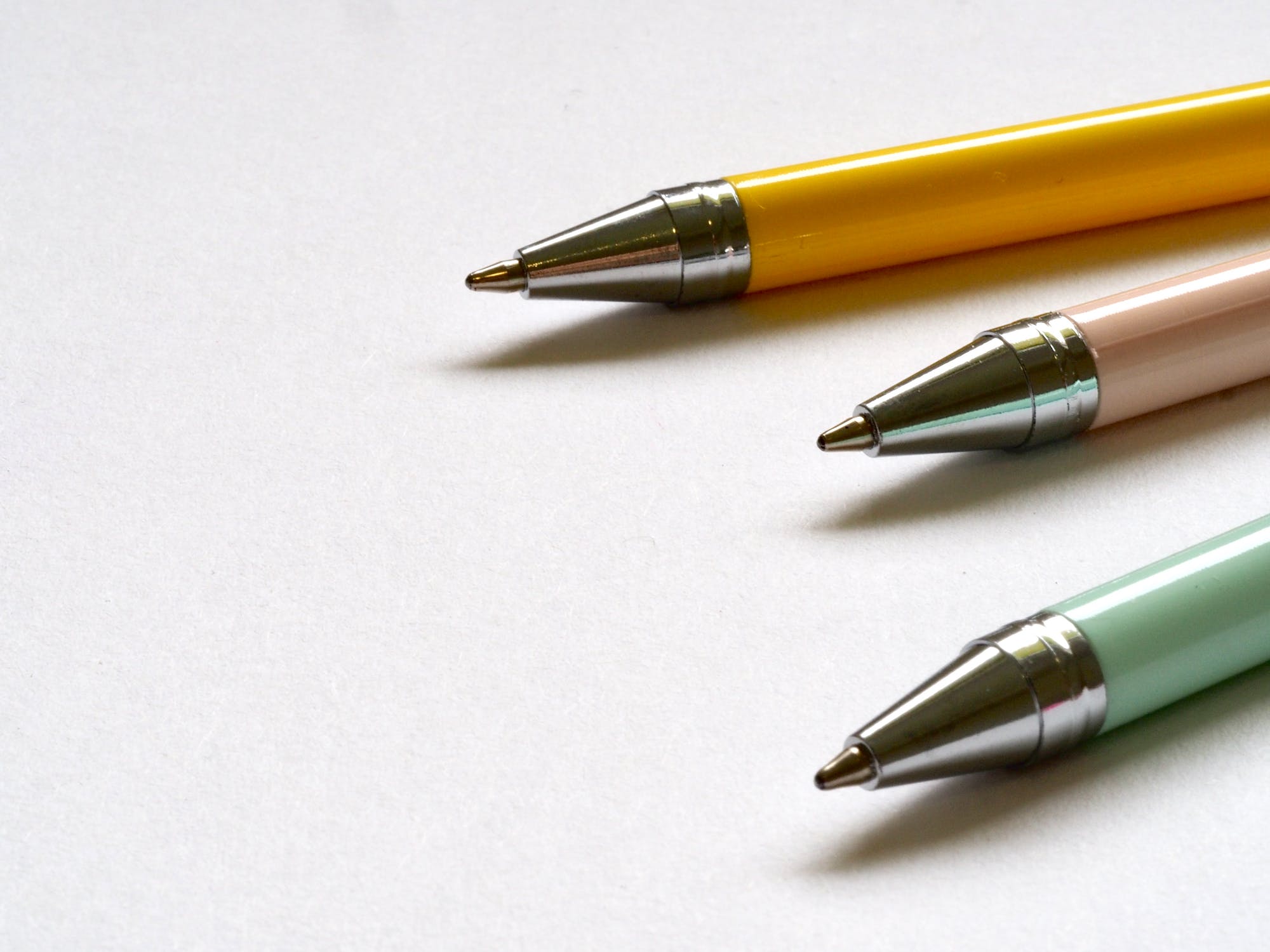
“支 (zhī)” is normally used with tick-like objects/songs/pencils/pen.
Examples:
我有一支新手机。
Wǒ yǒuyìzhī xīn shǒujī.
I have a new cell phone.
哪支手机能上网?
Nǎ zhī shǒujī néng shàngwǎng?
Which mobile phone can access the Internet?
8. 件 (jiàn)

You can use “件 (jiàn)” for clothes/shirts/matters/items/events.
Examples:
这件衣服是我妹妹的。
Zhè jiàn yīfú shì wǒ mèimei de.
This cloth is my younger sister’s.
这件事我简直不懂。
Zhè jiàn shì wǒ jiǎnzhí bù dǒng.
I do not understand this matter.
9. 双 – shuāng
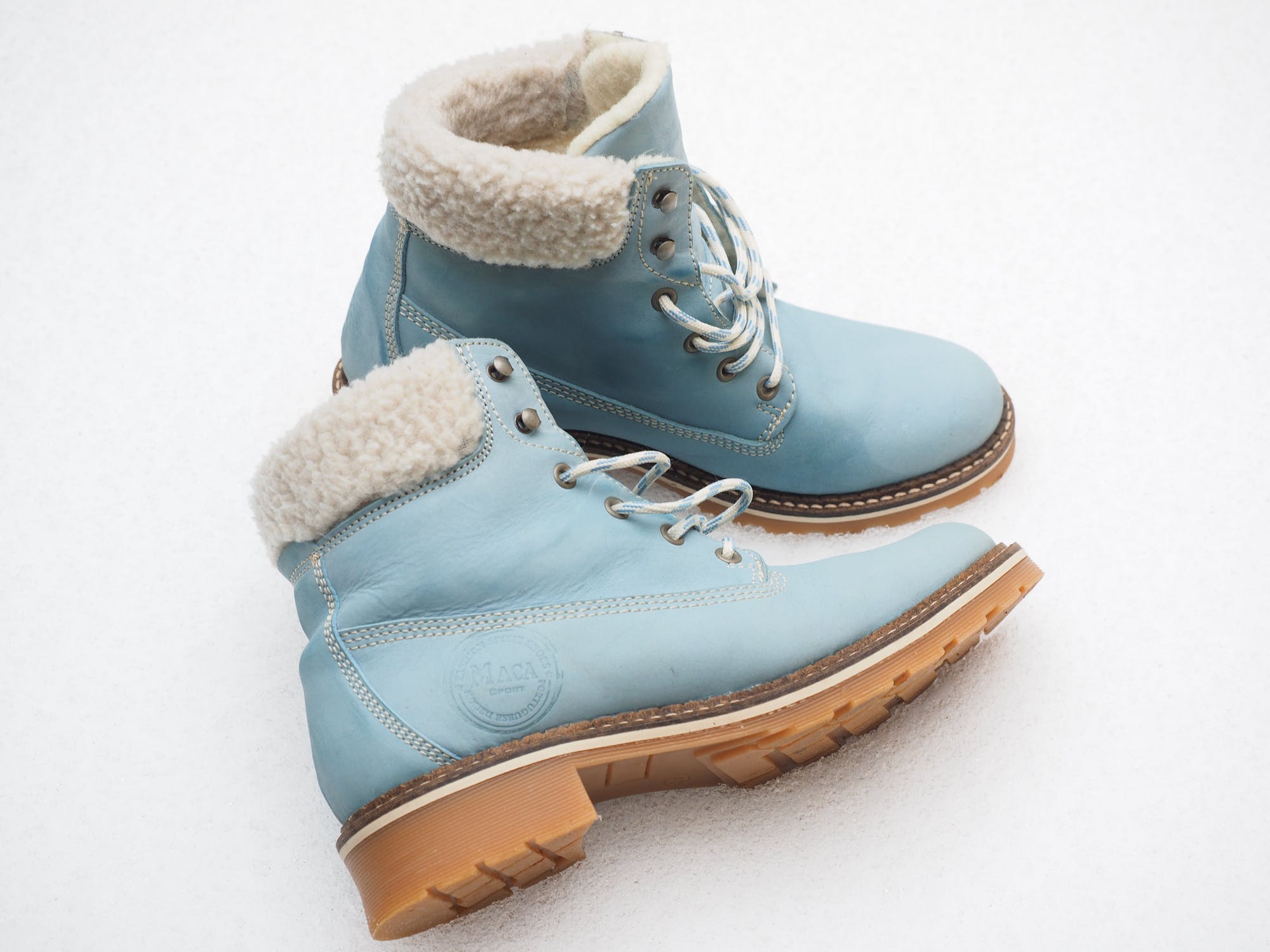
This measure word “双 – shuāng” is the Chinese equivalent “a pair of” (shoes/gloves/chopsticks).
Examples:
这里有好多鞋子,你喜欢哪一双鞋呢?
Zhèlǐ yǒu hǎoduō xiézi, nǐ xǐhuan nǎ yī shuāng xié ne?
There are a lot of shoes here, which pair of shoes do you like?
10. 部 (bù)

The word “部” is used as a measure word when you’re talking about movies/TV dramas/novels.
Examples:
我看不懂这部电影的意思。
Wǒ kàn bù dǒng zhè bù diànyǐng de yìsi.
I don’t understand the meaning of this movie.
这部小说很难读懂直不懂。
Zhè bù xiǎoshuō hěn nán dú dǒng zhí bù dǒng.
This novel is difficult to understand.
These are most common Chinese measure words. You can learn another more measure words in Chinese but should know these 10 first. If you have any suggestions for us, don’t hesitate to leave the comment below.
Begin your journey to learn Mandarin on a free trial with online tutors! For more Chinese learning tips and useful sentences, please visit TutorMandarin blogs where contains rich articles about Chinese culture, language learning and more!

